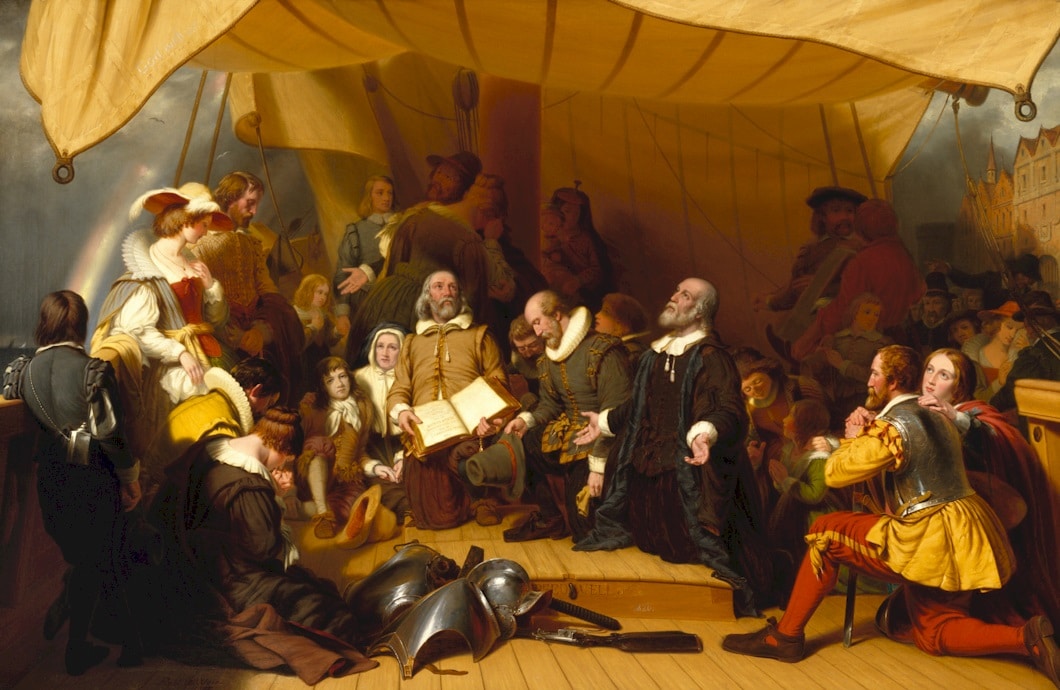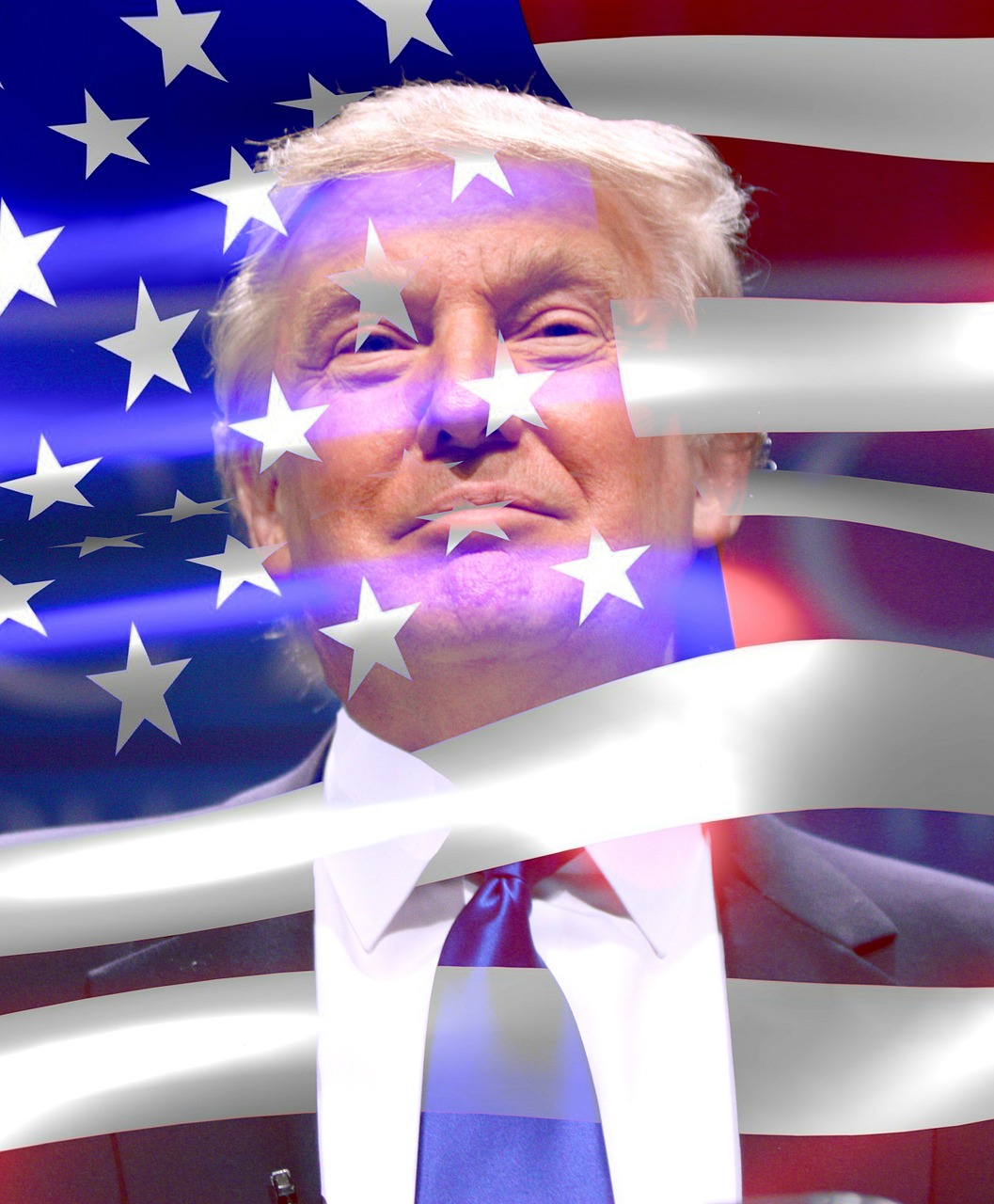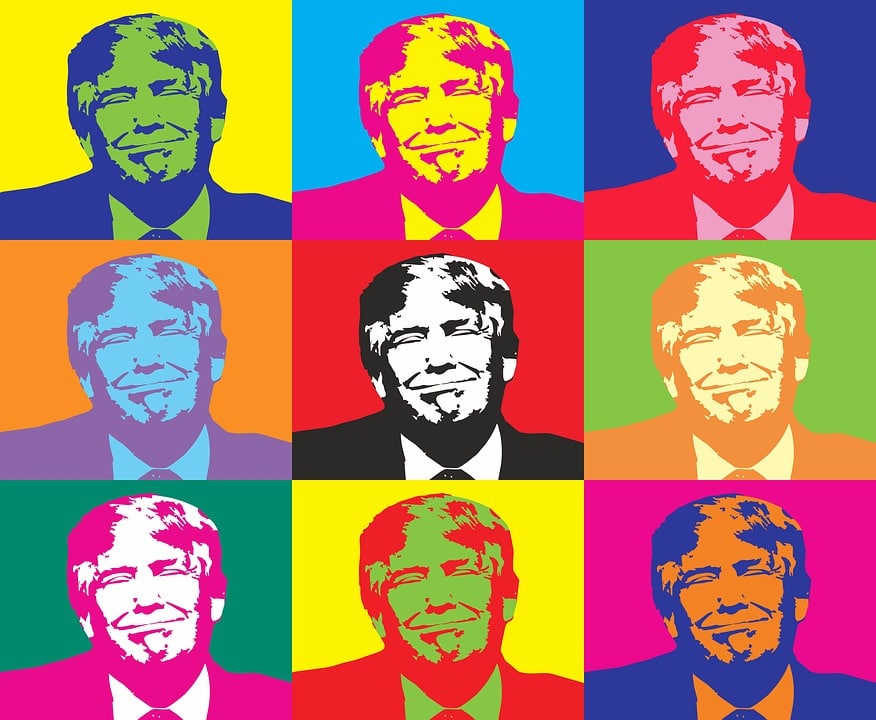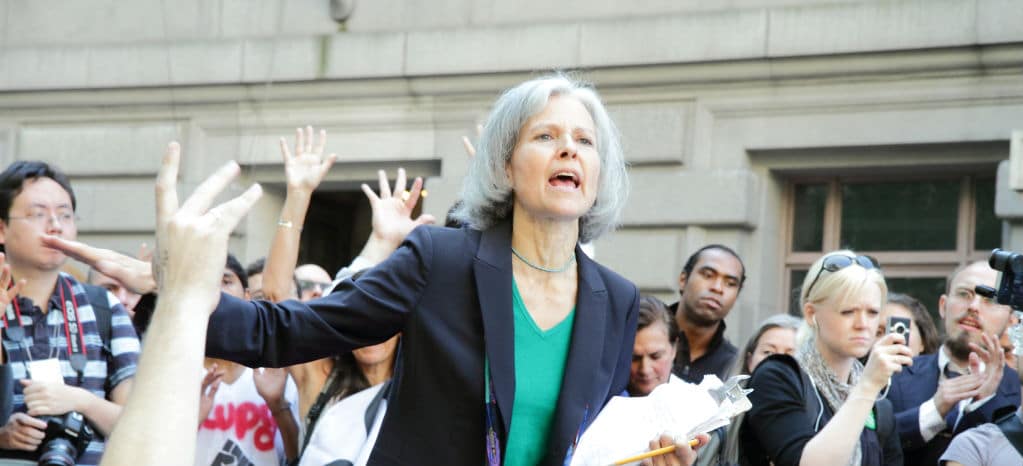This article was written by Richard Gardner, founder and CEO of Modulus Global.
In the aftermath of the DAO debacle, many were left pondering why cryptocurrencies have been hacked time and time again. But, there’s another question just begging to be asked. At what point, if ever, will decentralized cryptocurrency exchanges become the norm?
In my opinion, Cryptocurrencies will never be completely secure.
Innately, security will always be the issue which hampers global appeal and mass usage of cryptocurrencies.
Dealing democratically, without human leadership, and through smart contracts, the DAO hack epitomizes this issue. These contracts were based on “unstoppable, and irrefutable computer code”. And, without a leadership team, the only thing between DAO funding and the wild, wild west of hacking was that very same computer code.
Think about that for a moment. The hack only happened because the code allowed it. The DAO was used in a very different way than its investors expected. It was used in a way different than its founders expected. But, such is the problem with stripping all human interaction from contracts. Given enough time, hackers need only negotiate their way through code to develop a mechanism to end at their desired outcome.
The DAO is an organization before its time. For one thing, there isn’t adequate security to prevent such attacks. Will that concern ever be addressed with a permanent solution? I tend to think that such an organization will always confront risk. But, the DAO was the first step. One small step for man, one giant leap for techno-libertarians.
The DAO was as much a social compact as it was financial. Is it a vehicle for practical investment for the masses? No. But, it does establish the basis for what people within that community want to see as standard operating procedure in the future. An economy totally decentralized, with as little Regulation as possible. To do really cool things.
In this way, the DAO can be thought of much like the Mayflower, the investors as the Pilgrims, and the code as the Mayflower Compact. The world the Pilgrims entered into isn’t a world similar to the one in which we live today, of course, but it was the foundation on which our society has been built and expanded. Is our world perfect? Of course not. Will it ever be? Probably not. But, those Pilgrims were dreamers. And, they set out on a mission. This is not altogether different than the world of cryptocurrency.
Before cryptocurrency exchanges see complete decentralization as the norm, there are some questions remaining. First, what are the legal implications? That’s a question which the courts haven’t even begun to answer, mostly because the law hasn’t caught up to the technology. Until there is a firm grasp on the legal ramifications of total decentralization, leading organizations will be, in general, sluggish to fully commit while the chinks in the armor are still being exposed. It is worth noting, with regard to our analogy, that much of the Mayflower Compact was, with time, codified into law.
The next question is in the code itself. The DAO hack can be attributed to the coding. In an ironic twist, the completely autonomous code is entirely dependent on its development. This is a problem without a clear answer. They say rules are made to be broken. And, code is written to be hacked.


















